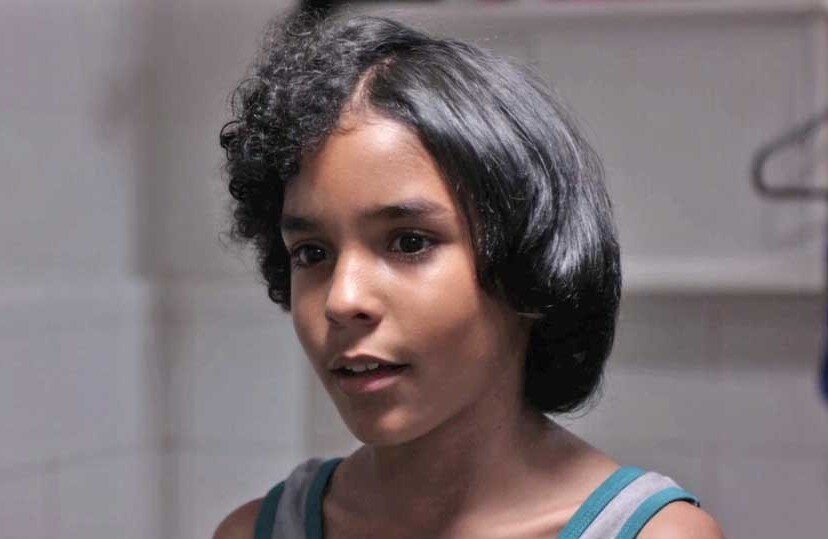Study: Stereotypes Drive Perceptions Of Race
Morning Edition
National Public Radio
2014-02-11
Steve Inskeeep, Host
Shankar Vedantam, Science correspondent
Aliya Saperstein, Assistant Professor of Sociology
Stanford University
Governments, schools and companies all keep track of your race. The stats they collect are used to track the proportion of blacks and whites who graduate from school, for example. They tell us how many people identify themselves as Native American or Asian. They help us to measure health disparities between races. But there’s a problem with all of those statistics and with the deeper way that we think about race. NPR’s social science correspondent Shankar Vedantam is here to explain. Hi, Shankar.
Shankar Vedantam, Byline: Good morning, Steve.
Inskeep: What’s the problem?
Vedantam: Well, there’s an assumption that’s built into all those tracking systems that you mentioned, Steve, and that assumption is that a person’s race is fixed. If we figure out today that you’re white, we expect that you will be white next year.
Inskeep: Mm-hmm.
Vedantam: I spoke with Aliya Saperstein. She’s a sociologist at Stanford University and, along with Andrew Penner and Jessica Kizer, she recently looked at a survey that tracks life changes among thousands of young men and women in the country. It’s called the National Longitudinal Survey of Youth, sometimes abbreviated as NLSY. It’s conducted by the Bureau of Labor Statistics.
Inskeep: Longitudinal, meaning that they’re tracking people over a very long period of time.
Vedantam: Exactly. And it’s used to collect snapshots of economic wellbeing and social changes. Saperstein found that the racial classifications of people in the survey seemed to change over time.
Aliya Saperstein: What our research challenges is the idea that the race of an individual is fixed. Twenty percent of the respondents in the NLSY survey experienced at least one change, and had the interviewer perceived them by race over the course of different observations…
…Vedantam: I think that’s exactly the same idea, Steve. And the idea is that race is actually socially constructed. And this provides data for the theory at the individual level.
One fascinating thing that Saperstein has found is that it isn’t just other people’s perceptions of you that change. The survey that she followed also asked people to report their own race. And she found that when people went to prison, they became more likely to think of themselves as black. And that’s because their minds were also subject to this very same stereotypes.
Inskeep: You are saying that someone goes in, they have the prison experience – maybe they’re mixed-race, maybe they look ambiguous, maybe they look white – but they’re more likely to come out and say I’m a black man.
Vedantam: That is exactly what Saperstein is saying, Steve. And it’s a troubling idea because we say we track people’s race in order to address prejudice and disparities, in all the ways that you mentioned at the start of our conversation. But it turns out that the way we track race itself is subject to the very same prejudices…
Listen to in interview here. Download the interview here. Read the entire transcript here.
